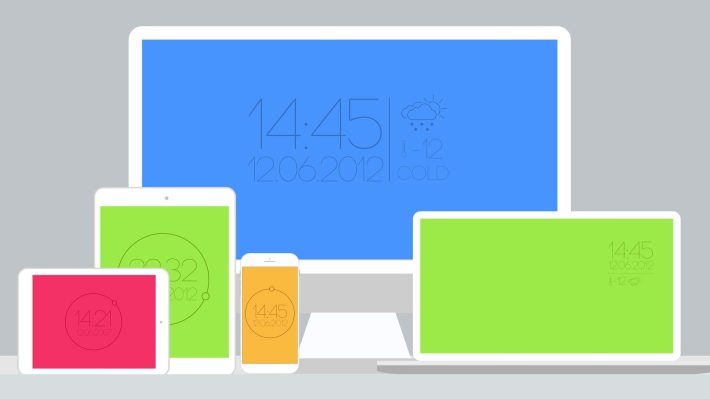The U.K. government is rolling out a new scheme designed to create and promote cheaper broadband for lower-income households across the country.
Several internet service providers (ISPs) in the U.K., including Virgin Media O2 and BT, already offer so-called “social tariffs,” which are cheaper broadband and phone packages for those who receive social security payments such as Universal Credit. However, consumers trying to “prove” that they receive these benefits often have to endure cumbersome verification processes, such as having to send a screenshot of their Universal Credit payments page each month.
Starting next week, however, the government will operate a new scheme that will allow ISPs to verify with the Department for Work and Pensions (DWP) that their customers are in receipt of the relevant social benefit. It’s not clear, exactly, how this will work, but the government says that the customer will give their permission just once, after which the ISP can continuously verify eligibility directly with the DWP.
On top of that, the government is also calling for all ISPs to offer their customers social tariffs, if they’re not already doing so.
Low adoption
Virgin Media O2 is among one of the ISPs to support the new verification scheme at launch; however, as part of the rollout, the government is doubling down on its broader efforts to improve the take-up rates for social tariffs.
There are currently nine ISPs that offer social tariffs, but the government says that only 1.2% of eligible people are taking advantage of these deals, with the government insinuating that this is partly down to ISPs’ failure to promote them — after all, if someone is already paying for broadband through a more expensive standard plan, why would the ISP lure them onto a cheaper service?
Savings vary between ISPs, but by way of example, Virgin Media O2’s Essential broadband package for low-income families costs £15 per month for 15 Mbps broadband on a 30-day rolling plan — the cheapest “standard” package it offers starts at £24 per month for an 18-month contract. So over the course of a year, struggling households could save more than £100.
“Times are tough and families across the country are feeling the pinch, so we’re making it easier for companies to reduce phone and broadband bills for struggling families,” said David Buttress, the former Just Eat CEO who the government appointed as its new “cost of living business tsar” back in in June, in a statement. “Some of the biggest network operators have already committed to take advantage of this new scheme and we want to see other providers follow their lead so that everyone eligible for a social tariff can access one.”
